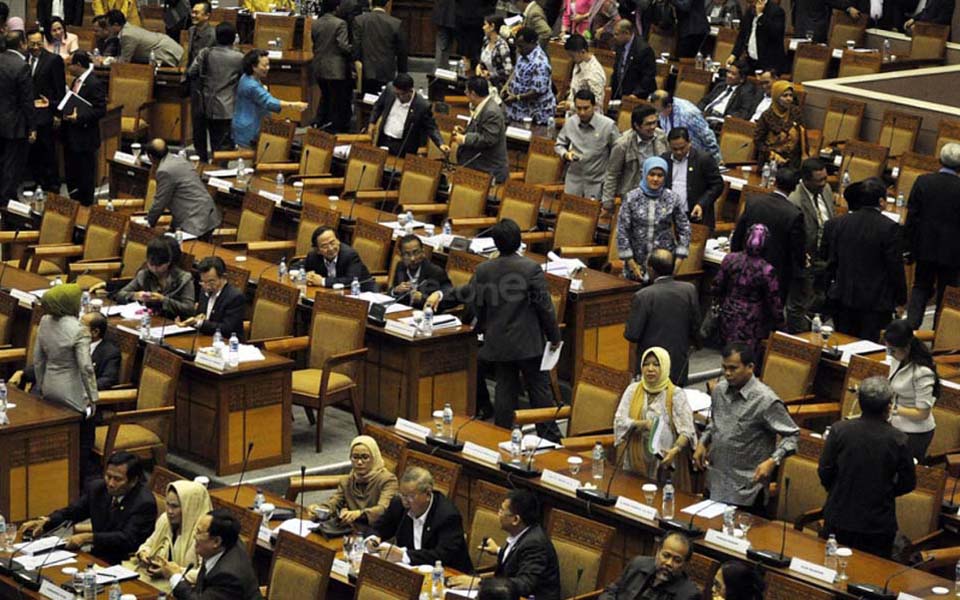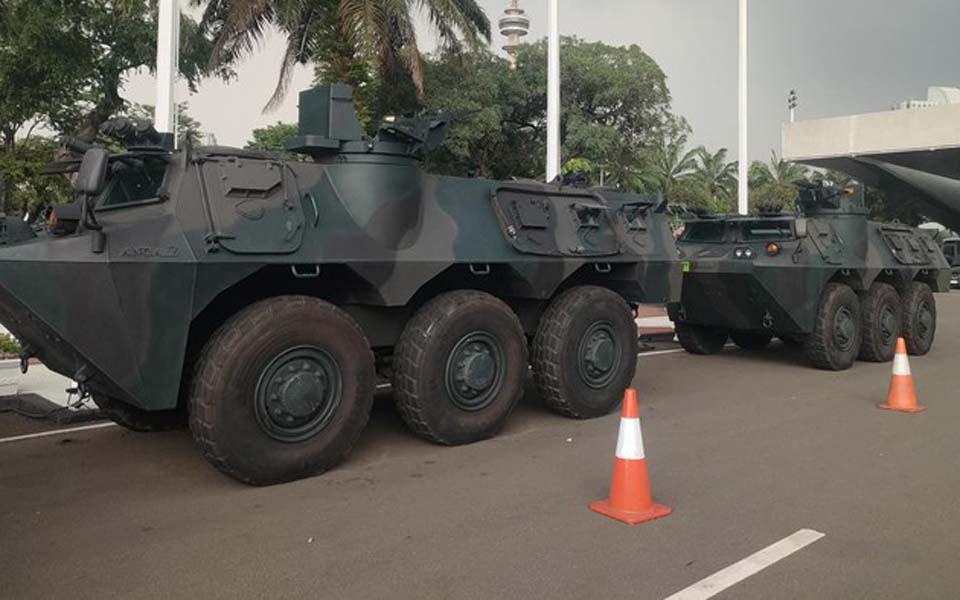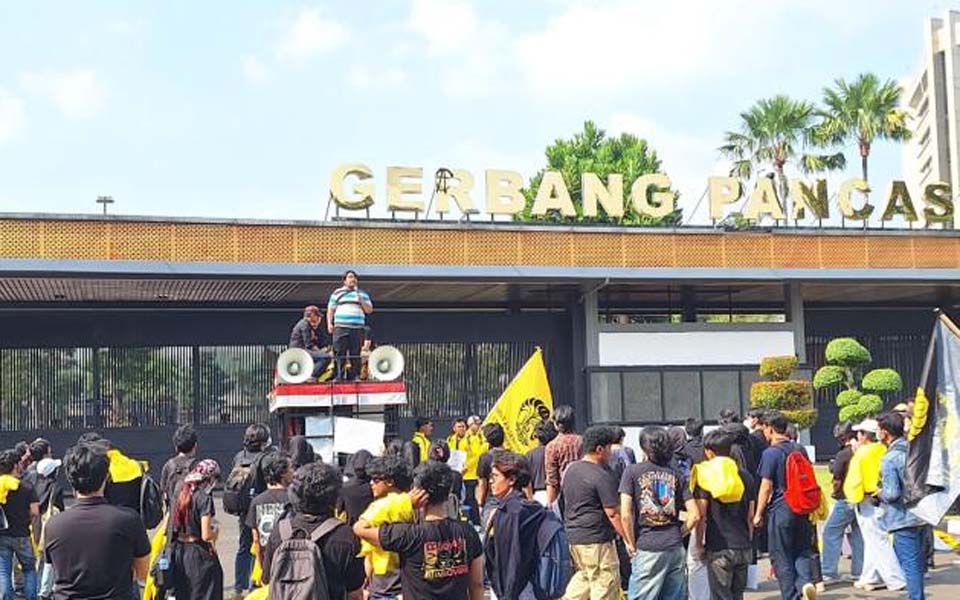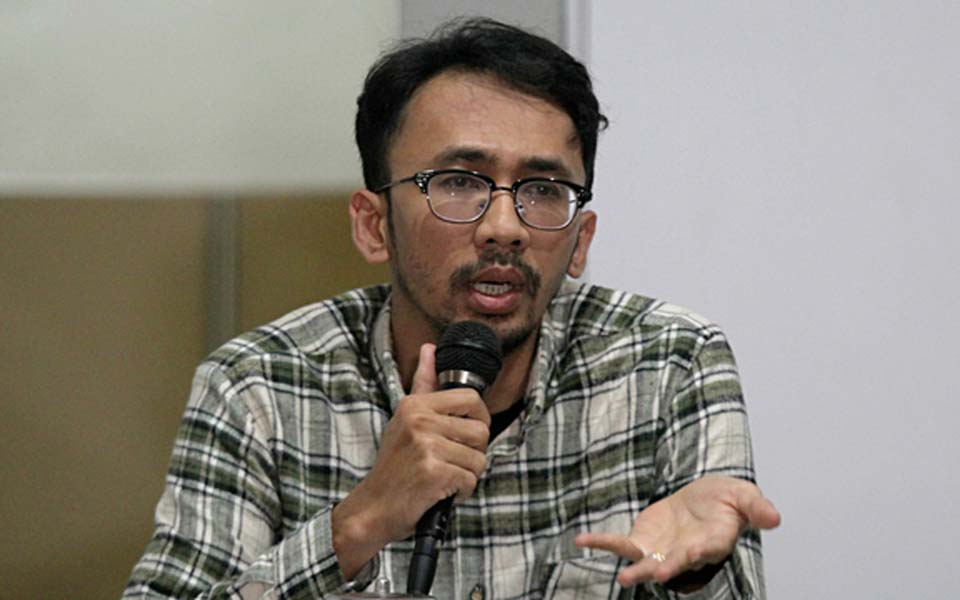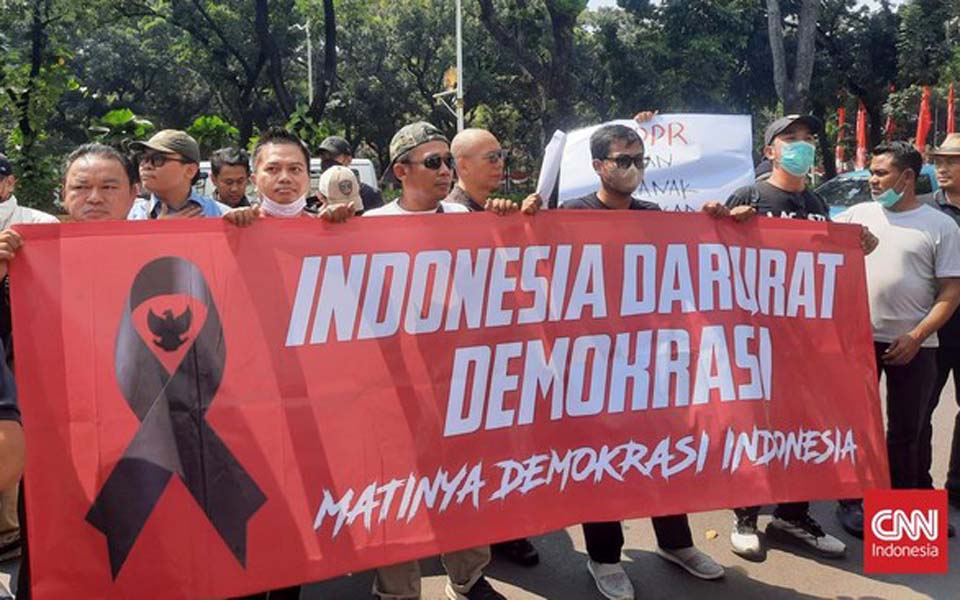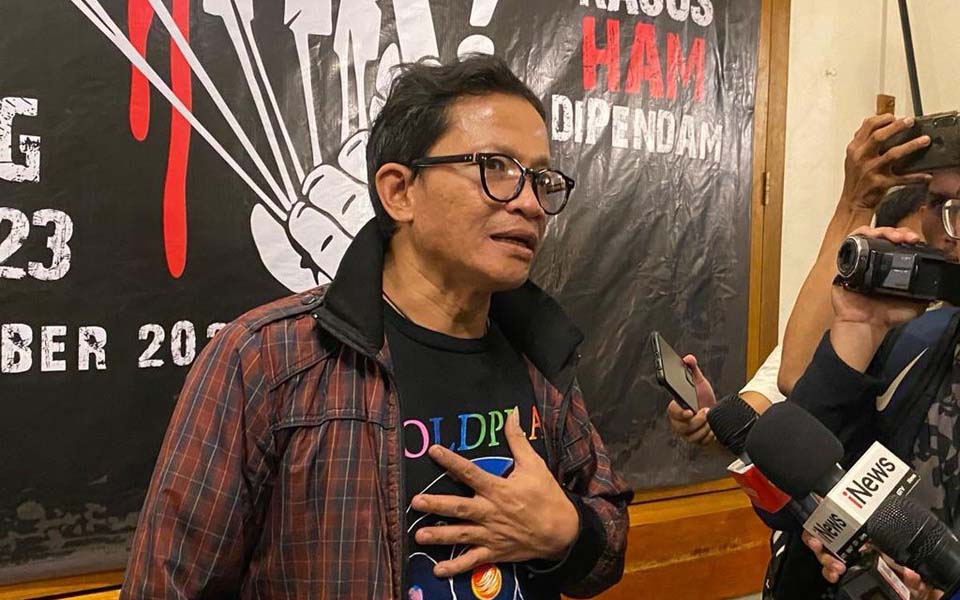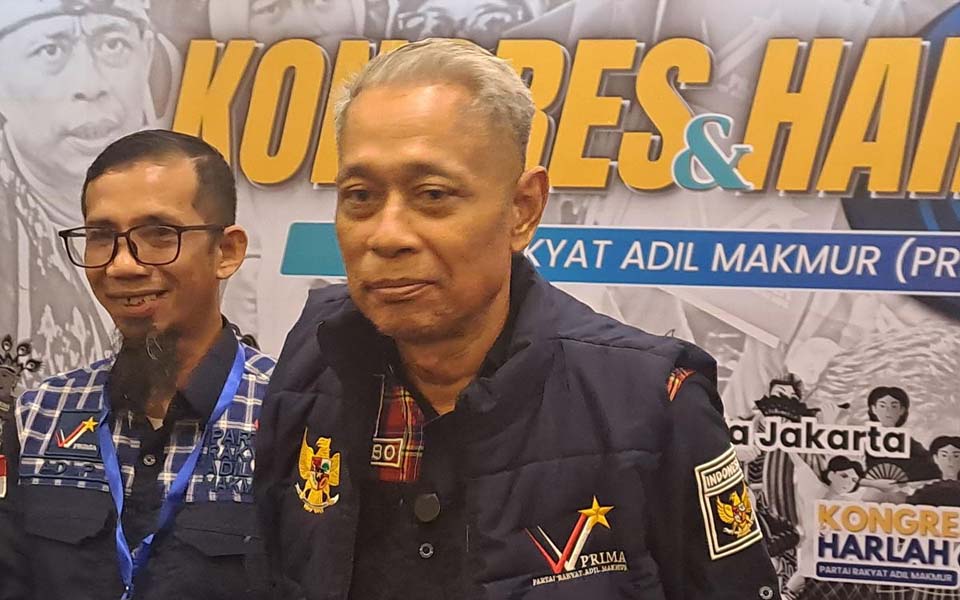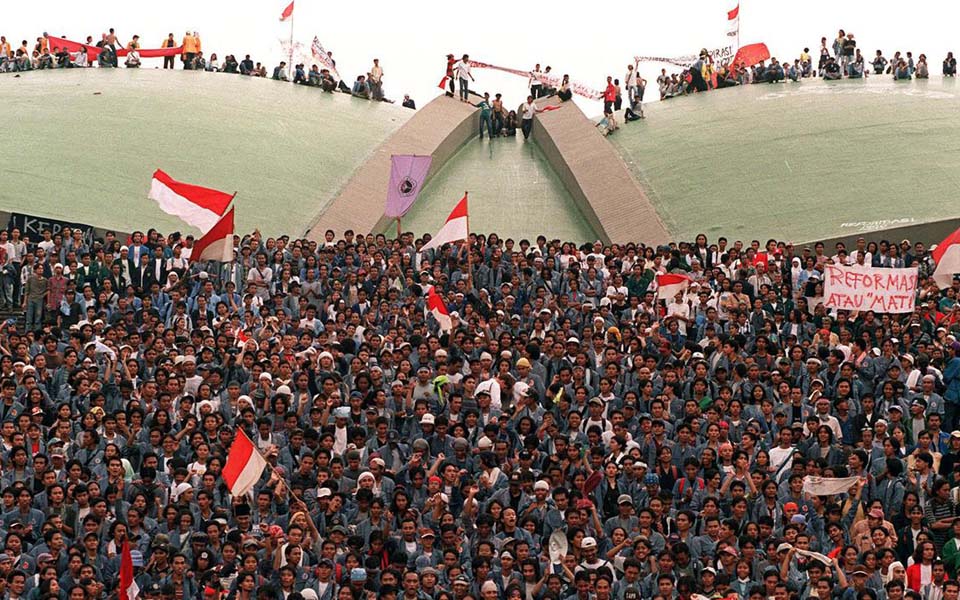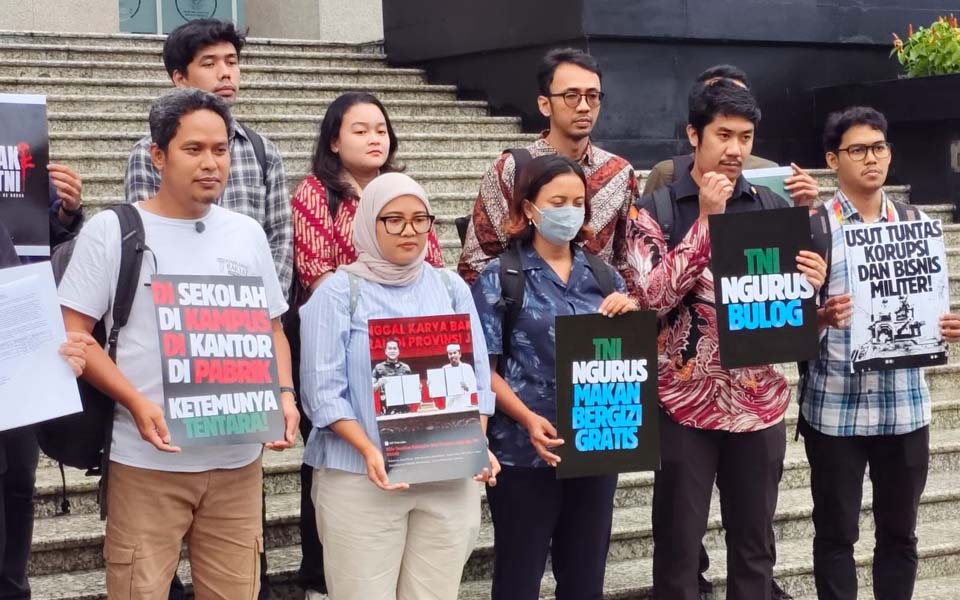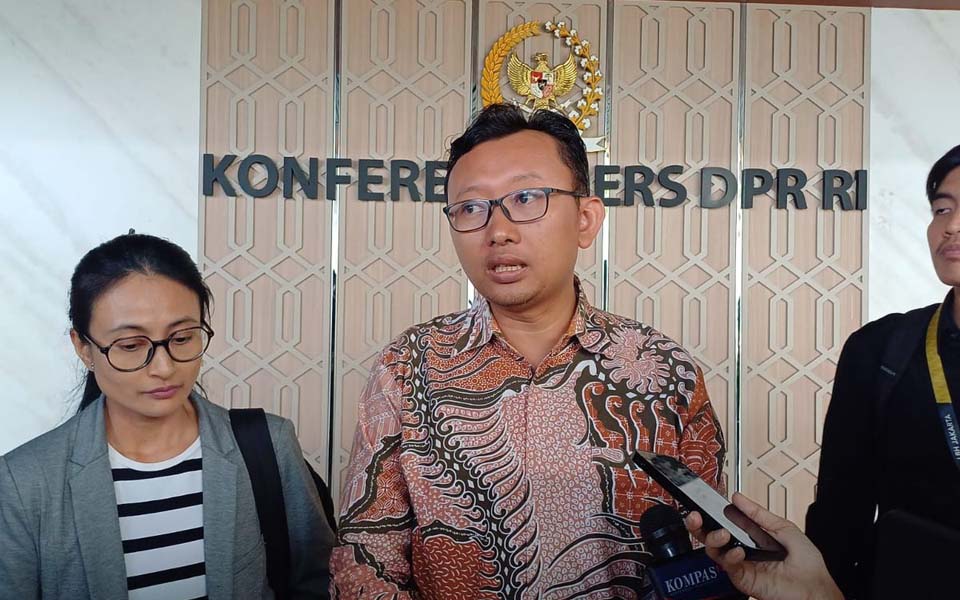Jakarta – The House of Representatives (DPR) for the period 2009-2014 has been deliberating a packet of three political laws, namely Law Number 22/2007 on Election Organisers, Law Number 2/2008 on Political Parties and Law Number 10/2008 on the Election of Members of the DPR, DPD and DPRD. However from the deliberation of these three laws, it is apparent that the DPR is not considering the interests of the nation or the country, but is prioritising the interests of individual parties.
This was conveyed by Indonesia Parliamentary Centre (IPC) Research Division Coordinator Ahmad Hanafi in the IPC’s End of Year Report on Wednesday December 29. “Out of the packet of three political laws deliberated by the DPR in 2010, it is very apparent that they have tried to slip the interests of the political parties into the amendments to the laws”, he said.
Hanafi said that in the revisions to Law Number 22/2007, the political parties have tried to co-opt organisers by including members on electoral bodies such as the General Election Commission (KPU), the General Elections Supervisory Board (Bawaslu) and the Election Organisers Honorary Council (DKPP).
In addition to this, he continued, in the revisions to the law on political parties, the parties that hold seats in the DPR are attempting to inhibit the growth and development of new parties, yet this is guaranteed under the 1945 Constitution. Meanwhile, Hanafi said, in the amendments on the elections of members of the DPR, the Regional Representatives Council and the Regional House of Representatives, the political parties in the DPR are seeking to maintain their power by ignoring the principles of democracy.
Speaking separately, Social Synergy for Indonesian Democracy (Sigma) Coordinator Said Salahudin said that the DPR, which has been debating one issue in particular in the deliberations on the revisions to these laws, appears to have begun using this as an effective strategy for the political parties in the DPR to push through other amendments that would otherwise have become the focus of public attention.
“This strategy has been successfully applied in the deliberations of the law on election organisers and the law on political parties. Many things in the end have been stolen from us. Now, this will be repeated again in the revisions to the law on elections. In the revisions to the law on legislative elections, there are actually more crucial and principal problems that need to be revised”, said Salahudin.
Salahudin said that it is more important to deliberate issues related to the electoral list than the issue of the parliamentary threshold.
Killing off rivals
Speaking yesterday at the parliamentary complex in Senayan, Jakarta, the chairperson of the National Awakening Party’s (PKB) Central Leadership Board, Marwan Ja’far said that a drastic increase in the parliamentary threshold is no longer aimed at simplifying the party system but rather an effort to kill of the political parties. Increasing the parliamentary threshold to 5 percent will not be healthy for democracy and will only give rise to a political tyranny.
According to Ja’far, this will also not be healthy for the development of the party system in Indonesia because Indonesia practices a multi-party system. In addition to this, the multi-party system is appropriate for a diverse country like Indonesia.
With a parliamentary threshold of 5 percent, even less parties that will be able to get into parliament. There is concern that this will give rise to a new tyranny, where the state is managed by group of people who can act arbitrarily. (SIE/NTA)
[Translated by James Balowski. The original title of this article was “Revisions to the electoral laws – Political parties not fighting for the nation”.]





